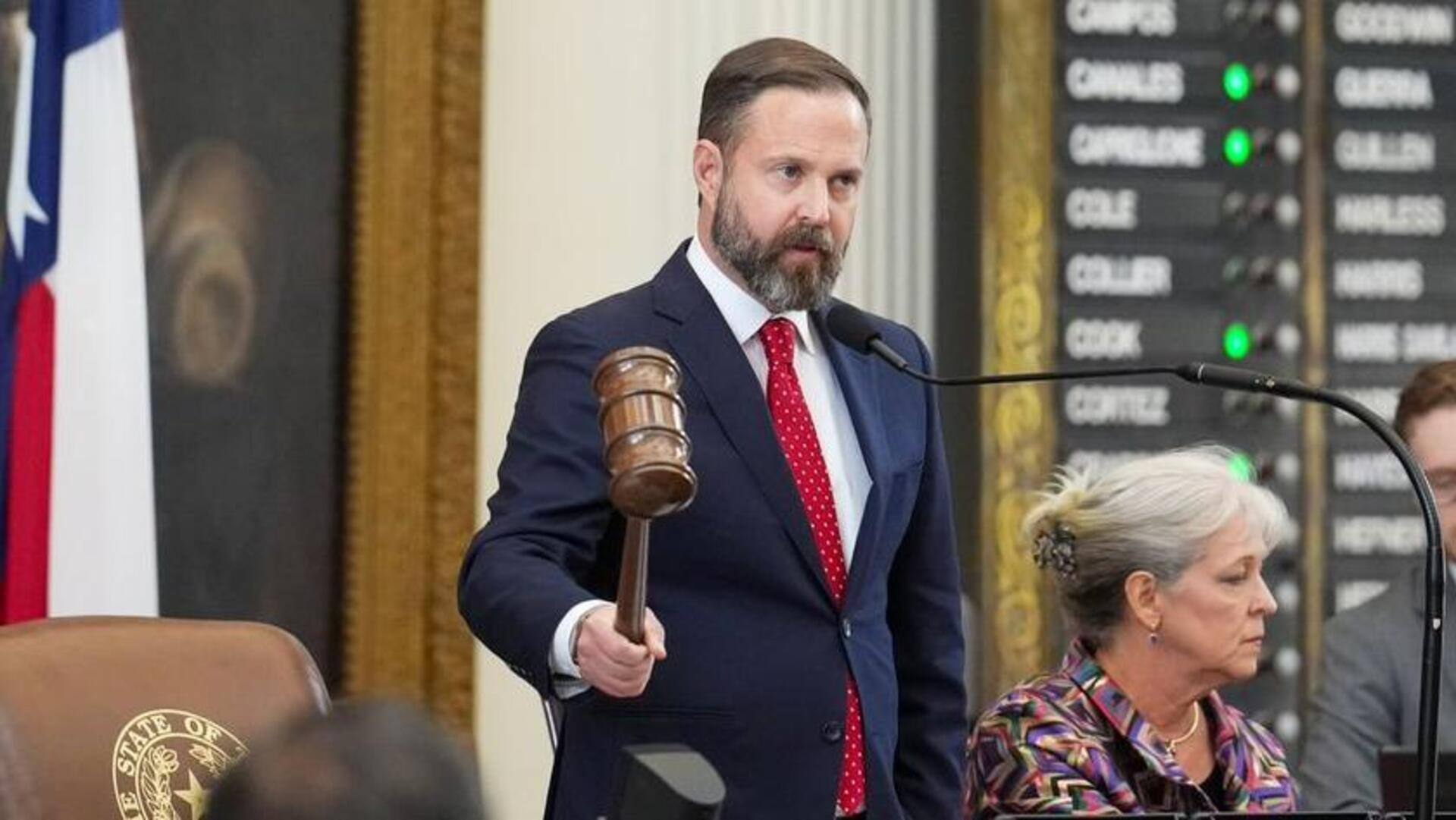
Texas Republicans vote to issue arrest warrants for 'missing' Democrats
What's the story
Texas Republicans have voted to issue arrest warrants for Democratic lawmakers who fled the state to block a redrawing of the state's congressional map. The decision was taken with an 85-6 vote, after Republican Governor Greg Abbott threatened bribery charges against the absent legislators. The proposed congressional map would add five Republican-leaning seats in Texas's US House of Representatives, where the Republican Party has a slim majority.
Warrant details
Arrest warrants signed by Texas House Speaker
Texas House Speaker Dustin Burrows confirmed he had signed civil arrest warrants for the missing Democrats. Most of these lawmakers have fled to Illinois, with Governor JB Pritzker promising to protect them from Abbott's arrest threats. However, Monday's vote was largely symbolic, as the warrants are only valid within state lines and would not lead to any civil or criminal charges against the absent lawmakers.
Political tensions
Abbott warns lawmakers could face felony charges
Governor Abbott warned that lawmakers who don't return to vote on the map could face second-degree felony charges. He said, "It would be bribery if any lawmaker took money to perform or to refuse to perform an act in the legislature." Texas Republican legislator Brian Harrison dismissed claims of racially motivated redistricting as "preposterous, cynical, dishonest, complete nonsense." He argued that Democrats should be arrested and face other consequences for their actions.
Redistricting goals
Redistricting could help Republicans in midterms
Texas Republicans currently hold 25 out of 38 congressional seats and hope to increase that number to 30 with the new maps. The redistricting could help strengthen the Republican majority in the US House of Representatives ahead of next year's midterm elections. In other states, Democratic-controlled areas like New York and California use independent commissions for redistricting, although New York's commission is advisory and the state legislature has the final authority.